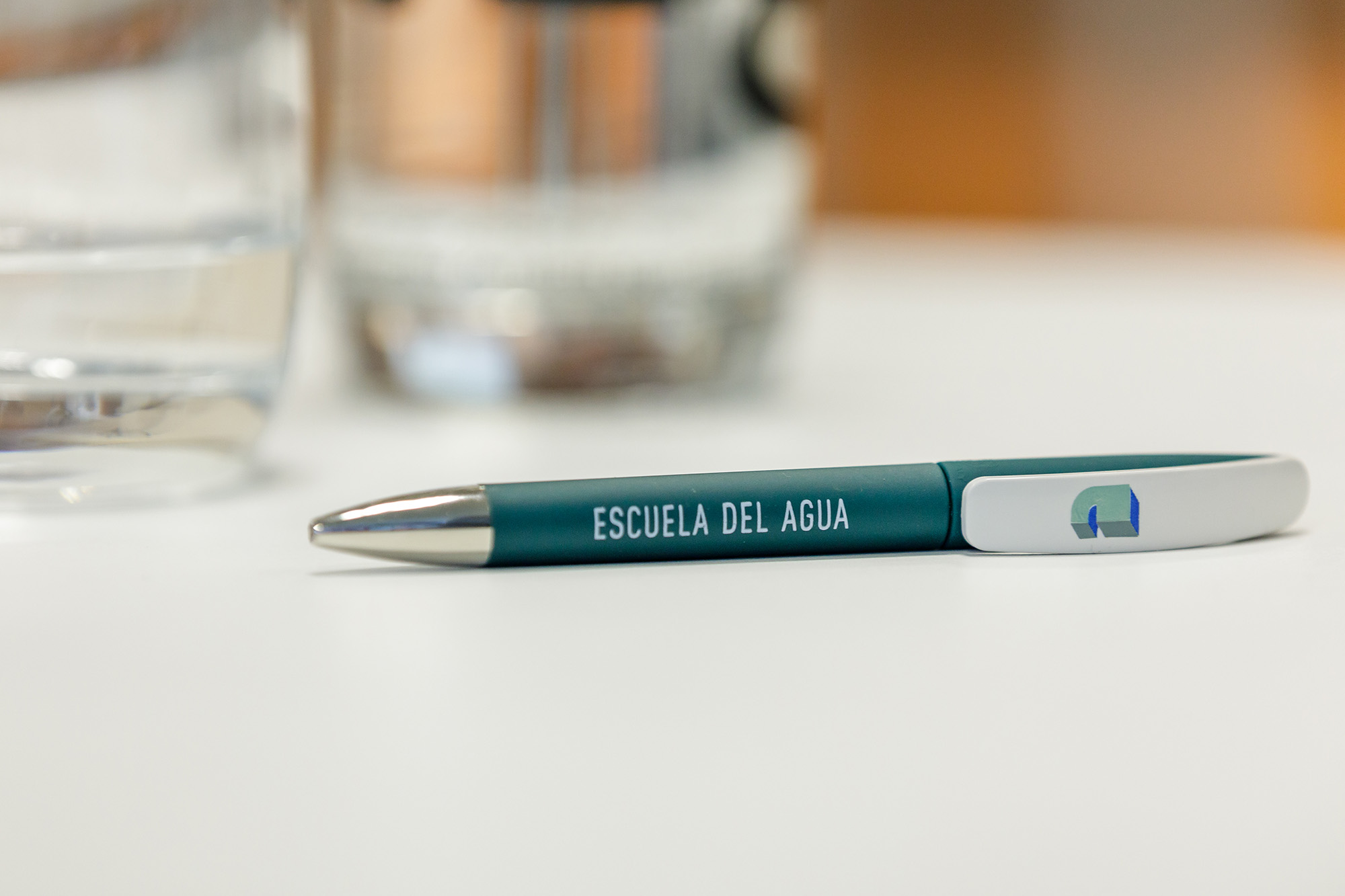
We spoke with Juan Carlos Ruiz Cabeza Agbar professional, teaching expert at the Water School and student of the course on Artificial Intelligence and sustainable territories to give us three insights into how he sees the development of training and its application in the Water sector.
What are the main applications of Artificial Intelligence in water management? What application(s) of AI in the water sector would you highlight from the different cases worked on during the specialization course?
Currently, the main applications of Artificial Intelligence in water management include topics such as optimization of water supply, detection of leaks in networks, optimization of water supply, advanced monitoring of water quality, generation of virtual sensors, flood prediction in urban drainage and basin management, advanced wastewater management, etc., etc. And many others that it would be long to list and that are in development.
Of the different cases worked on during the course and those proposed in the program, those that seemed most interesting to me in the water sector are those of the use of remote sensing and AI to determine the quality of water in large bodies of water, intelligent irrigation in the agri-food sector, the management of water resources through the use of AI models for the regulation of reservoirs, the use of hybrid hydrological models for the characterization of basins, as well as modeling of aquifers and their evolution to make behavioral predictions. I also do not rule out use cases in climate change adaptation, such as the use of AI for drought prediction, or efficient energy management. In short, all the cases studied give you a wide range of possibilities for using AI in the water sector.
What benefits and challenges can be obtained from using AI in water management, both economically and environmentally?
The use of AI in water management can provide different benefits, both economically, environmentally and socially.
In the economic field, the use of AI can help to substantially improve the use of resources, reduce water losses and therefore greater efficiency, help in operational efficiency, optimizing processes and reducing operating costs and improving the efficiency of hydraulic infrastructure, improving planning and management strategies for the demand for this resource throughout the urban water cycle. Also in this area it is important to highlight the opportunity for innovation and economic growth that AI offers.
At an environmental level, the use of AI is helping to conserve resources, protect water quality, prevent floods and mitigate their effects through preventive measures and therefore increase the resilience of territories. in the face of natural disasters.
Regarding the main challenges posed by AI in water management, they are the collection of accurate and up-to-date data, implementation costs may require a significant initial investment in technology and training, and finally the integration of different systems and data sources. Other no less important challenges are the interpretation and confidence in the results provided by AI models, ethics in the use of data, data privacy and security, data biases, equity and access to AI and the environmental impact of technology.
What opportunities resulting from the application of AI in the sector do you think have the most potential for water services?
Some of the opportunities for the application of AI in the water sector that according to experts have the most potential are the optimization of water resource management, by predicting water demand and adjusting production and distribution, which allows better planning and use of available resources. Improving operational efficiency, especially in energy management and process optimization. The monitoring and analysis of information in real time that allows better, faster and more accurate decision making. The integration into the management of risk management and extreme events, such as floods or droughts in the long term, but also the short term, by taking preventive measures and minimizing their impacts on facilities and processes.
What are the current trends in the development of AI applied to water management and sustainable territories?
Some of the current trends in the development of AI applied in water management and the sustainability of territories have already been mentioned above. However, we must also highlight the greater use of increasingly simple and complex sensors and monitoring technology, and of different types; the application of machine learning algorithms; the widespread use of simulation models and their use in combination with other technologies in the construction of digital twins; the use of AI-based simulation models to predict and simulate operating scenarios of water cycle management systems, which allows informed decisions to be made and the impact of different actions to be evaluated; the integration of systems and data sources which allows a more complete and holistic vision of territory management; And finally I would like to also highlight the focus of AI on sustainability and resilience with the use of AI to achieve the SDGs.